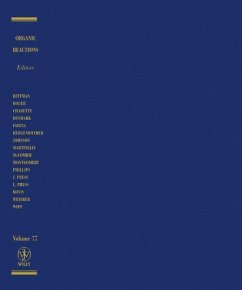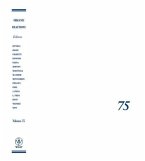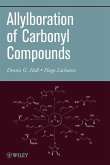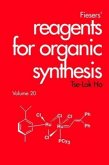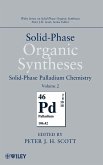Volume 77 in the venerable Organic Reactions series contains two chapters that represent unique and important name reactions, chapters which are also composed, in part, by their inventors.
The first chapter by Jin Kun Cha and Oleg G. Kulinkovich describes a truly remarkable transformation of carboxylic acid derivatives (esters, amides, carbonates, nitriles) into heteroatom-substituted cyclopropanes. This reaction now bears the name "Kulinkovich Cyclopropanation" and is unique because it constitutes the assembly of the three-membered ring by the formation of two bonds to a carboxyl group (or equivalent) from a 1,2-dimetallic reagent.
The second chapter by Stuart W. McCombie, William B. Motherwell, and Matthew Tozer represents an homage to one of the giants of organic chemistry in the 20th century, Sir Derek H. R. Barton. Throughout his distinguished career, Derek Barton made innumerable contributions to structure determination, stereochemistry, and synthetic methods development for which he was awarded the Nobel Prize (together with Odd Hassal) in 1969. During his postdoctoral stint with Barton at Imperial College, Stu McCombie discovered and developed the radical deoxygenation of secondary alcohols that has become known as the "Barton-McCombie Reaction."
Hinweis: Dieser Artikel kann nur an eine deutsche Lieferadresse ausgeliefert werden.
The first chapter by Jin Kun Cha and Oleg G. Kulinkovich describes a truly remarkable transformation of carboxylic acid derivatives (esters, amides, carbonates, nitriles) into heteroatom-substituted cyclopropanes. This reaction now bears the name "Kulinkovich Cyclopropanation" and is unique because it constitutes the assembly of the three-membered ring by the formation of two bonds to a carboxyl group (or equivalent) from a 1,2-dimetallic reagent.
The second chapter by Stuart W. McCombie, William B. Motherwell, and Matthew Tozer represents an homage to one of the giants of organic chemistry in the 20th century, Sir Derek H. R. Barton. Throughout his distinguished career, Derek Barton made innumerable contributions to structure determination, stereochemistry, and synthetic methods development for which he was awarded the Nobel Prize (together with Odd Hassal) in 1969. During his postdoctoral stint with Barton at Imperial College, Stu McCombie discovered and developed the radical deoxygenation of secondary alcohols that has become known as the "Barton-McCombie Reaction."
Hinweis: Dieser Artikel kann nur an eine deutsche Lieferadresse ausgeliefert werden.

